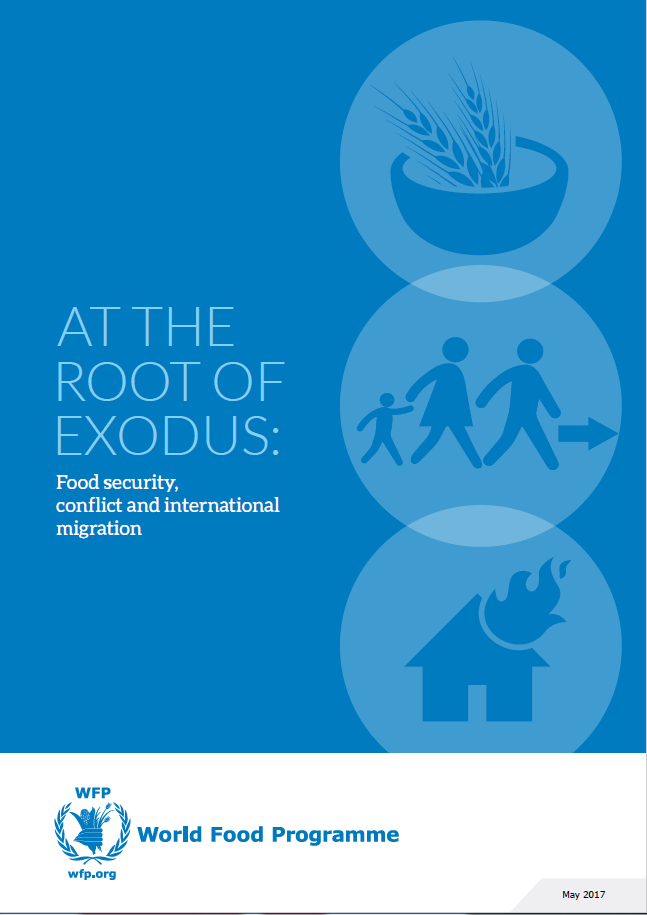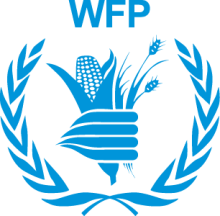Resource information
As an international actor in addressing food insecurity among refugees and other migrants, the World Food Programme (WFP) has undertaken a research study to determine the role that food security plays in cross-border migration. Given the dearth of data on this topic, the WFP study sought to answer some of the following questions: What is it that compels people to leave their homes? What role does food insecurity play in migration? Are these factors common across all international migrants, or do unique root causes spur specific migrant populations to move from their homes?
The study employed quantitative and qualitative research methods. WFP convened focus group discussions with migrants from ten different countries in Greece, Italy, Jordan, Turkey and Lebanon. Such discussions provided first-hand accounts regarding the decision-making process to leave, and provided valuable information on the situation in countries of origin, the triggers for migration, routes taken and future intentions. In an effort to validate the data collected from focus group discussions, WFP carried out household phone surveys among refugees in Jordan, Lebanon and Turkey.
Participants in the study included migrants from East Africa, West Africa, Asia and the Middle East, with the largest number of respondents originating from Afghanistan, Bangladesh, Iraq, Nigeria, Senegal, Sudan, Syria and The Gambia.
[Abstract from the original text.]



